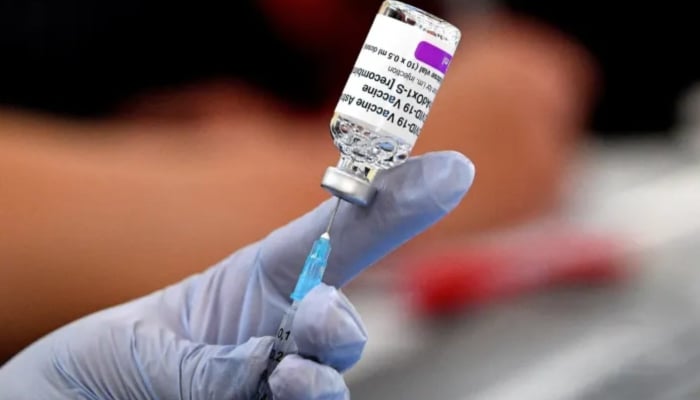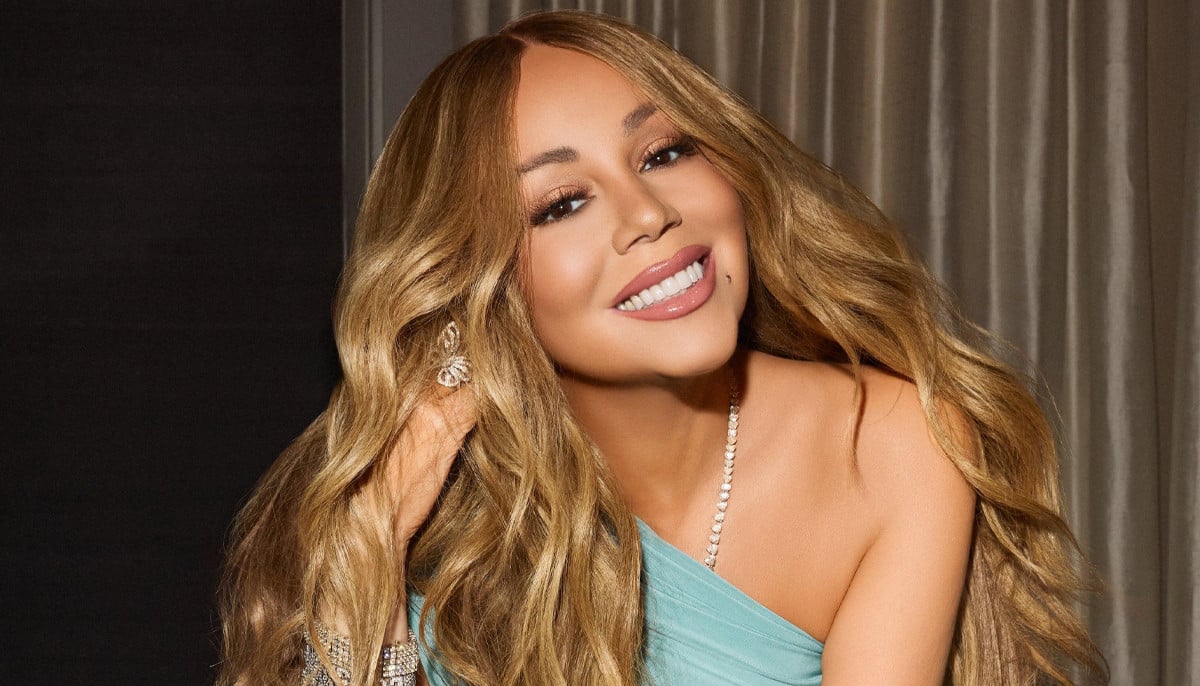Only 1 in 4 Americans wants new Covid-19 vaccine, study finds
33% of adults definitively do not plan to get the new vaccine jabs, while an additional 19% are leaning towards not getting vaccinated at all
Approximately 1 in every 4 American adults has indicated they definitely plan to obtain the updated COVID-19 vaccination, as per a new study from the nonprofit health policy organisation KFF.
While, another quarter of adults, on average, believe they'll likely get the shot.
These findings, published recently, are part of the ongoing Covid-19 Vaccine Monitoring poll, conducted by KFF between September 6 and 13, involving a nationally representative sample of 1,296 adults.
The survey offers an early insight into the potential uptake of the new Covid-19 shots in the United States.
Dr William Schaffner, an infectious disease expert at Vanderbilt University, who was not part of the survey, commented on the results, stating that there's hope in the middle group - those who haven't firmly decided.
About 40% of the population falls into this category, and they could be convinced to receive the vaccine with the right approach. However, they are also vulnerable to hurdles and inconveniences, such as issues with insurance and vaccine supply, which have hindered the vaccine rollout in the early stages.
The survey also revealed hesitancy regarding the new shots for children, with only about 40% of parents expressing intent to vaccinate their kids and teens.
These updated vaccines are designed to combat the latest variants of the virus, coinciding with a rise in infections, hospitalisations, and deaths.
Yet, they have arrived during a period of COVID-19 fatigue, with only 17% of Americans having received their bivalent booster. This figure is lower than the initial vaccine uptake in 2020 but higher than the uptake of previous booster shots.
Demographics played a role in vaccine intent, with those aged 65 and older being more likely to express willingness to get the new shots. However, 37% of those who previously received a Covid-19 vaccine indicated they probably or definitely won't get the new version.
Dr Peter Hotez, a vaccine expert, pointed out that some people are not getting the new vaccines due to a lack of awareness regarding their necessity.
There's confusion about why this booster differs from the previous one and why it's needed to target new variants. Additionally, the message that even previously vaccinated individuals are still at risk of hospitalisation without a booster hasn't reached everyone.
The initial challenges of the fall vaccination campaign have also contributed to the hesitancy, and efforts are being made to address these issues.
However, there's concern about potentially alienating a significant portion of the most committed individuals in the process.
-
Selena Gomez explains why she thought lupus was 'life-or-death'
-
How Kim Kardashian made her psoriasis ‘almost’ disappear
-
Nick Jonas gets candid about his type 1 diabetes diagnosis
-
Sir Jackie Stewart’s son advocates for dementia patients
-
5 celebrities you didn't know have experienced depression
-
Late James Van Der Beek inspires bowel cancer awareness post death
-
Bella Hadid talks about suffering from Lyme disease
-
Gwyneth Paltrow discusses ‘bizarre’ ways of dealing with chronic illness












